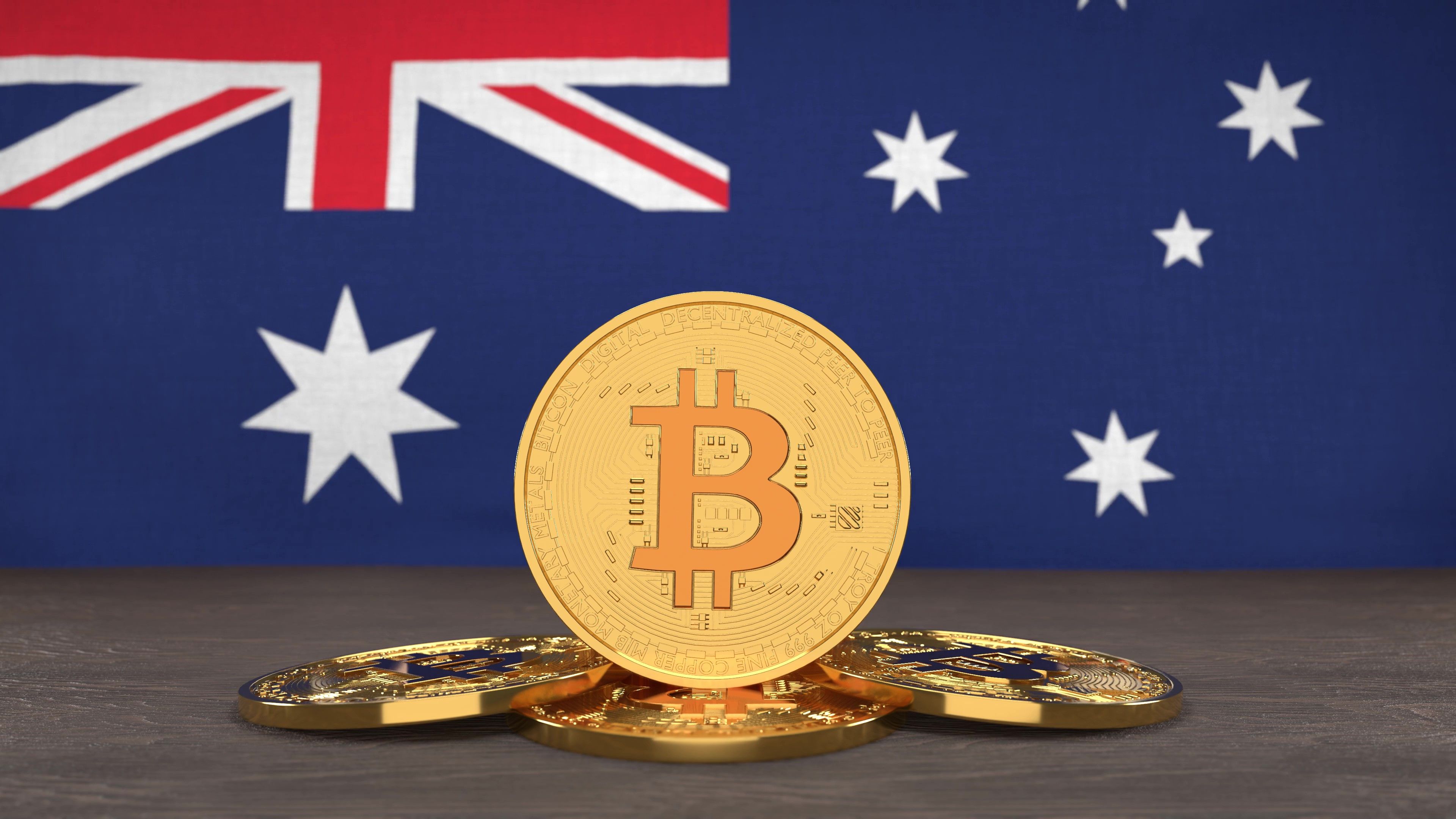Blog

Australia Tightens Regulations on Crypto Exchanges
Feb-18-2025
Australia’s AUSTRAC has taken decisive action against over 50 financial institutions, highlighting their non-compliance with anti-money laundering and counter-terrorism financing laws. The focus is particularly on firms handling cryptocurrency transactions that have failed to report suspicious activities, with
AUSTRAC warning that failure to address these issues could result in the revocation of their registrations.
What Actions Are Being Taken Against Exchanges?
Investigations are currently underway for 13 cryptocurrency exchanges due to non-disclosure of key personnel backgrounds. These exchanges have a 28-day window to rectify their compliance issues, failing which they risk losing their operational licenses.
The regulatory landscape is particularly challenging for cryptocurrency exchanges, which are viewed as high-risk due to their capacity for facilitating large fund transfers. AUSTRAC CEO Brendan Thomas expressed concerns that the cryptocurrency sector could expedite illicit financial activities, prompting regulators to enhance their oversight.
Are Smaller Platforms at a Disadvantage?
Yes, the growing compliance requirements are especially burdensome for smaller and medium-sized platforms. Coinbase Australia CEO John O’Loghlen emphasized that registration does not equate to effective internal controls, urging regulators to differentiate between legitimate and illicit operators.
The heightened scrutiny extends to international money transfer companies, such as Currencyfair, which are now facing stricter regulations. While these audits aim to create a secure financial environment, they also impose significant operational challenges on market players, particularly impacting the viability of smaller businesses.
The stringent measures by AUSTRAC signify a significant shift towards robust regulatory frameworks for cryptocurrency operations, aiming to fortify the integrity of Australia’s financial ecosystem while posing challenges for existing players in the market.
Read more

Georgia Moves to Hold Bitcoin Reserves
Feb-17-2025
Georgia Bets on Bitcoin for Financial Stability
Unlike other crypto-friendly legislation, this bill focuses solely on Bitcoin. No Ethereum, no stablecoins—just Bitcoin. Lawmakers behind SB 178 see Bitcoin as a secure, long-term store of value. With major companies and countries beginning to add Bitcoin to their balance sheets, Georgia is looking to get ahead of the curve.
Supporters argue that adding Bitcoin to the state’s reserves could help protect against inflation. Traditional currencies lose value over time due to rising prices and government spending. Bitcoin, with its fixed supply of 21 million coins, offers an alternative that can’t be inflated away.
Of course, not everyone is on board. Critics worry about Bitcoin’s volatility. While its price has skyrocketed over the years, it has also seen sharp drops. Some argue that public funds should be handled with extreme caution and not be exposed to an asset that can swing wildly in value.
More About Bitcoin Reserves
Senator Cynthia Lummis strongly supports the idea of Bitcoin reserves, emphasizing their transparency and accessibility. She pointed out that a Bitcoin reserve could be audited anytime, 24/7, with just a basic computer—something impossible with traditional financial reserves.
Lummis believes it’s time to modernize state reserves, arguing that Bitcoin offers a secure and easily verifiable alternative. Her stance aligns with the growing trend of governments and institutions exploring Bitcoin as a reliable store of value.
Read more






